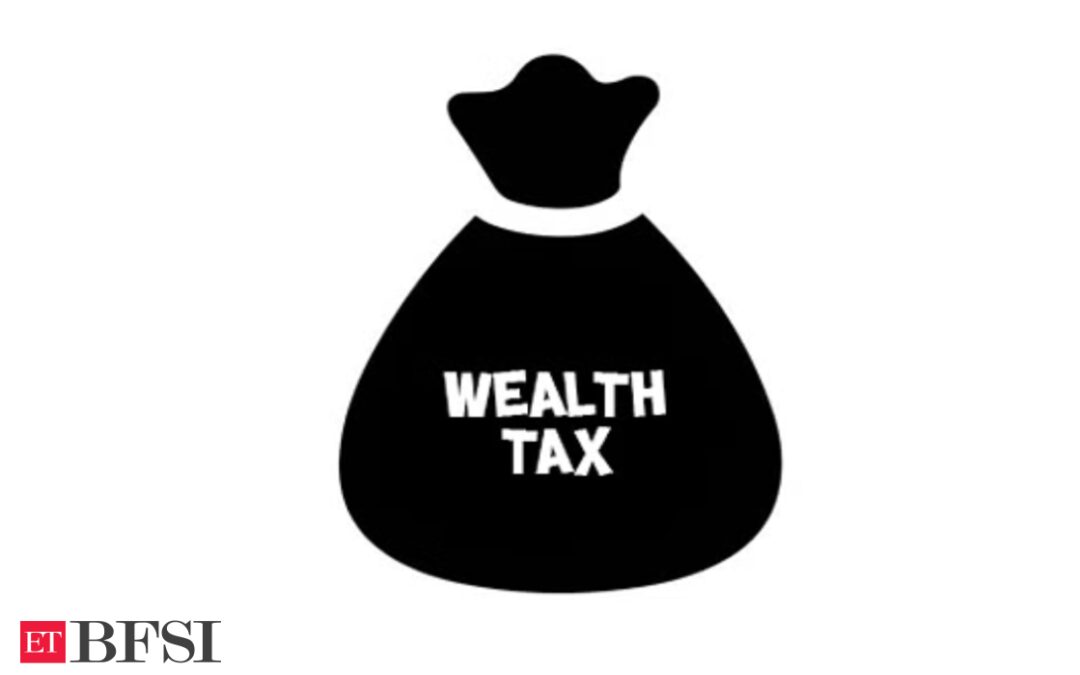As G20 finance ministers prepare to meet next month, a new survey reveals overwhelming public support for a wealth tax on the super-rich. The survey, conducted by the Earth4All initiative and Global Commons Alliance, found that 68 per cent of people in G20 countries support the idea as a means to address global hunger, inequality, and the climate crisis. The support is particularly strong in India, where 74 per cent of respondents are in favor.
The survey covered 22,000 citizens across the world’s largest economies, highlighting a growing international consensus for progressive taxation. This proposal, under discussion since at least 2013, has garnered increasing support over the years.
Brazil, currently presiding over the G20, aims to build a consensus on wealth taxation and is expected to push for a joint declaration at the upcoming meeting of G20 finance ministers in July. A key advocate behind Brazil’s initiative is French economist Gabriel Zucman, who is set to release a report on Tuesday detailing how a global minimum tax on the ultra-rich could be implemented and its potential revenue.
Zucman argues that the super-rich pay significantly less tax compared to ordinary citizens. His proposal seeks to establish a new international standard, requiring billionaires in every country to pay at least 2 per cent of their wealth in taxes annually.
Owen Gaffney, co-lead of Earth4All, emphasized the strong support for significant reforms among Indians. “Indians want a giant leap on climate and nature — 68 per cent demand dramatic reforms across all economic sectors within the next decade. This is a strong mandate for planetary stewardship that cannot be ignored,” he said.
The survey reveals that 74 per cent of Indians support taxing wealth. There is also strong backing for taxing high incomes and corporations to fund climate initiatives, along with a ‘polluter pays’ approach and income redistribution.
Additionally, 71 per cent of Indians endorse universal basic income, 74 per cent support policies that promote healthy diets to reduce emissions, and 76 per cent seek a better work-life balance. Furthermore, 68 per cent believe that dramatic action is needed across all sectors of the economy within the next decade, including electricity generation, transport, buildings, industry, and food.
An impressive 81 per cent of Indian respondents support a shift to “wellbeing economies” that prioritize health and the environment over narrow economic growth.
The upcoming G20 finance ministers’ meeting will be closely watched as nations debate this transformative approach to wealth taxation, with the potential to reshape global economic policies and address critical challenges facing the planet.










